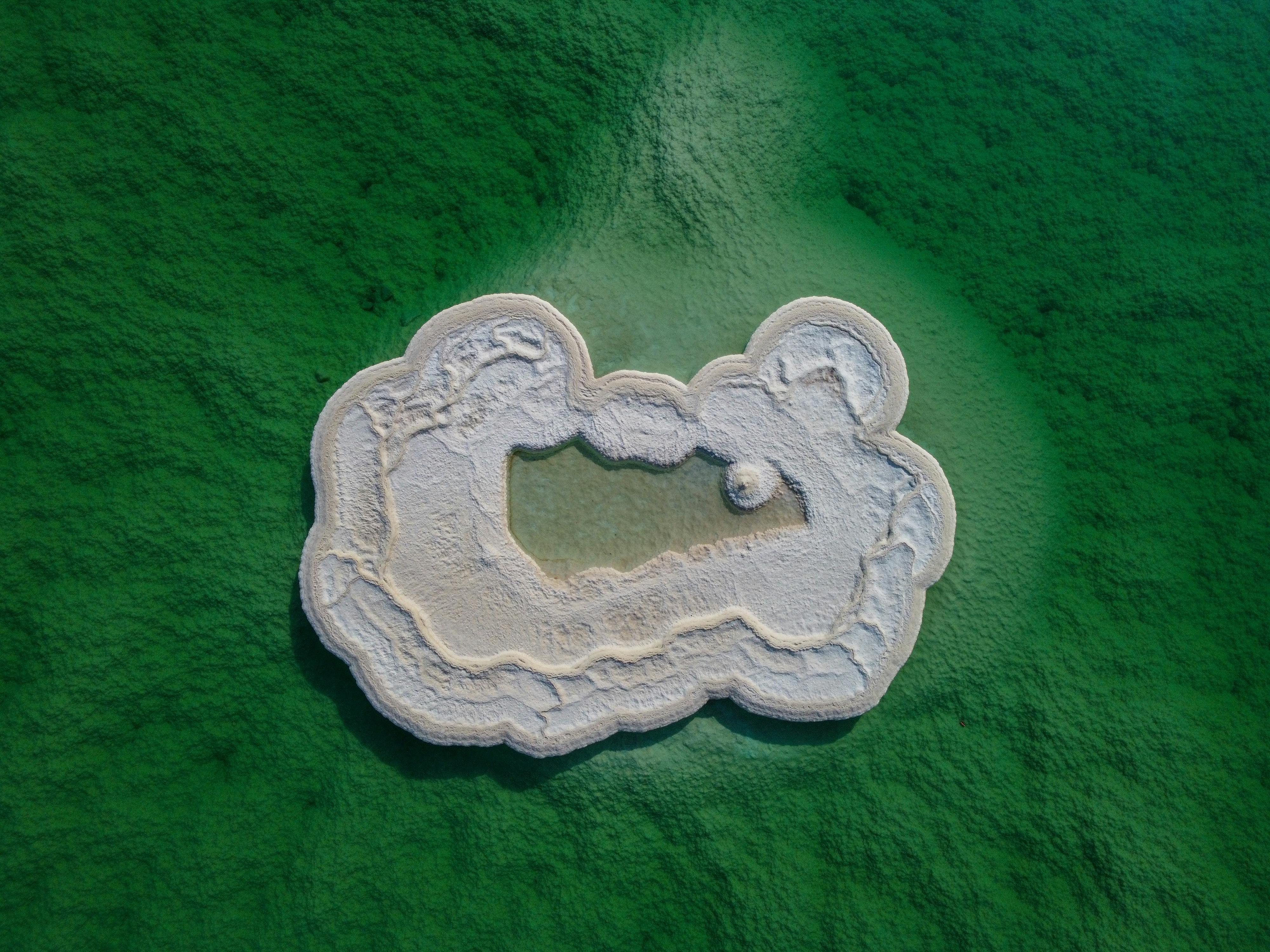
Effective Ways to Clean a Cast Iron Skillet for Long-Lasting Use in 2025
Cast iron skillets are prized for their longevity and cooking versatility, but without proper maintenance, they can fall into disrepair. Understanding how to clean cast iron skillets correctly is essential to preserving their cooking properties and ensuring food safety. This article explores effective cleaning methods, rust removal tactics, and tips for seasoning and caring for your cast iron skillet, guiding you toward optimal skillet maintenance in 2025.


Cast Iron Skillet Cleaning Methods
The best way to clean cast iron skillets revolves around simple yet effective cleaning methods. Each technique has its unique benefits and addresses various concerns such as rust, odors, and food residue. Regular care ensures that the seasoning on your skillet remains intact while also preventing rust on cast iron skillets. Here are some popular methods to consider:
Cleaning Cast Iron with Salt
One of the most effective cleaning techniques is cleaning cast iron with salt. This method involves adding coarse salt to your skillet and scrubbing it with a soft cloth or sponge. The granular texture of the salt helps to lift debris and food particles without damaging the seasoned finish. This approach is particularly useful after sautéing or frying when the skillet may have a sticky residue. Rinse the skillet with water afterward and dry it thoroughly to prevent any moisture from causing rust.
Deep Cleaning Cast Iron Skillet
Sometimes, you may face a more challenging cleaning situation, such as burnt food stuck to the skillet. For deep cleaning cast iron skillets, you can create a paste using baking soda and water. Gently scrub the mixture onto the affected areas with a soft-bristle brush, then rinse. This method is effective in removing rust from cast iron skillet surfaces as well. Afterward, ensure you dry your skillet completely to maintain its integrity and prevent further rust build-up.
Cleaning Cast Iron with Vinegar
Another method worth exploring is cleaning cast iron with vinegar. Vinegar can be effective at breaking down tough stains and rust. Combine equal parts vinegar and water, soak the skillet for a short time—about 10 minutes is sufficient—then scrub lightly. It's crucial to wash immediately after using vinegar, as prolonged exposure can lead to damage. Follow with a re-seasoning to protect the surface. This technique can also be used for restoring old cast iron skillets that need more than just basic maintenance.
Keeping Cast Iron Skillets Clean and Maintained
Proper care and upkeep of your cast iron skillet enhance its longevity. Following some simple tips and guidelines can save you time and money over the long term. Maintaining a clean skillet goes beyond just post-cooking; it involves consistent seasoning and careful handling.
Tips for Cast Iron Skillet Cleaning
To keep your skillet in optimal shape, follow these tips for cast iron skillet cleaning: avoid using soap regularly, as it can strip away the seasoning. Instead, opt for natural cleaners or a combination of water and gentle scrubbing solutions. If you’ve cooked something particularly sticky or heavy, a small amount of soap may be tolerable, but always rinse thoroughly and dry immediately with a cloth to prevent water spots.
Cast Iron Skillet Washing Precautions
When it comes to cast iron skillet washing precautions, it's essential to understand that not all cleaning methods suit every skillet. Avoid using metal scouring pads or abrasive cleaners that could scratch the surface; these can disrupt the seasoned layer. Instead, choose soft sponges or brushes designed to keep cast iron hygienic. After cleaning, remember to season the skillet periodically to maintain its non-stick qualities.
Cast Iron Skillet Odor Removal
Odors can sometimes linger in cast iron skillets, especially after cooking strong-smelling foods. For effective cast iron skillet odor removal, establish a routine where you scrub the skillet with baking soda paste or salt and then re-season afterward. This will not only eliminate the odor but also reinforce the protective coating of your skillet.
Preserving the Seasoning of Cast Iron Skillets
Preserving the seasoning of your skillet is crucial for maintaining its cooking performance. Seasoning creates a non-stick surface while preventing rust, and knowing how to season correctly will pay dividends in the long run. This section delves into important seasoning strategies that maximize the benefits of cast iron cooking.
Best Practices for Cast Iron Skillet Care
When it comes to best practices for cast iron skillet care, enlisting the right cleaning tools is paramount. Consider using a dedicated cast iron skillet scrub technique which involves gentle, non-abrasive tools designed for maintaining seasoning. After cleaning, apply a thin layer of vegetable oil or shortening while the skillet is still warm to keep the seasoning intact.
Tips for Seasoning Cast Iron
Regular tips for seasoning cast iron include heating your skillet to enhance the oil's ability to bond with the skillet’s surface effectively. Be sure to wipe any excess oil before storing it. Ideally, season your skillet after each use to reinforce the flavor and non-stick qualities for your next cooking adventure.
Common Mistakes in Caring for Cast Iron
Avoiding common mistakes in caring for cast iron can extend its life significantly. One mistake many make is washing the skillet in a dishwasher—always hand wash to ensure compliance with maintenance best practices. Moreover, never store food in a cast iron skillet for prolonged periods, as acidic ingredients can break down the seasoning.
Restoring Old Cast Iron Skillets
If you have an old, neglected cast iron skillet, do not toss it! With a few restoration techniques, you can breathe new life into it. Whether the issue is rust or severe food build-up, knowing how to restore effectively will make your old cookware usable once again.
Cast Iron Skillet Restoration Techniques
The restoration process often starts with cleaning burnt cast iron skillet thoroughly. Soak the rusty areas in a 50/50 vinegar solution for a few hours, then scrub with fine steel wool. After removing rust, rinse, dry, and immediately re-season with oil to prevent further corrosion. This technique can also be beneficial in preventing rust on cast iron skillet surfaces moving forward.
Essential Tools for Cast Iron Cleaning
Having the essential tools for cast iron cleaning on hand ensures a smooth restoration process. Consider purchasing a chainmail scrubber, which is great for removing stuck-on food without compromising the seasoning. Additionally, specialized brushes and scrub pads will keep your skillet pristine.
Using Water on Cast Iron
Many users fear that using water on cast iron will lead to rust. However, when engaging in the cleaning process, using water on cast iron can be acceptable as long as it is quickly followed by diligent drying. Always heat the skillet slightly after washing to evaporate any remaining moisture.
FAQs
1. What is the best way to clean a cast iron skillet?
The best way to clean a cast iron skillet is to avoid harsh chemicals. Instead, utilize natural materials like salt and vinegar, along with proper scrubbing techniques. Ensure thorough drying to prevent rust.
2. How do I remove rust from a cast iron skillet?
To remove rust from a cast iron skillet, mix equal parts of vinegar and water and soak for a few hours. Afterward, scrub thoroughly and season the skillet to avoid future damage.
3. Is it safe to use soap on a cast iron skillet?
Occasionally, using soap on a cast iron skillet is acceptable, particularly for sticky residues. However, make sure to rinse thoroughly and follow up with a seasoning to maintain the non-stick surface.
4. How can I prevent rust on my cast iron skillet?
To prevent rust on your cast iron skillet, always dry it immediately after washing. Regular seasoning with oil helps protect the skillet while creating a non-stick cooking surface.
5. What happens if I store food in my cast iron skillet?
Storing food in a cast iron skillet can lead to a breakdown of the seasoning, particularly with acidic foods. It's best to transfer leftovers to another container and keep the skillet dry.
6. Are there any specific cleaning tools recommended for cast iron?
Consider investing in specialized cleaning tools for cast iron such as chainmail scrubbers, brush sets, and soft sponges to maintain the skillet without damaging its surface.
7. How often should I re-season my cast iron skillet?
Re-seasoning your cast iron skillet is essential whenever you notice the seasoning becoming dull or after any deep cleaning effort. A light re-season after every few uses is generally recommended for upkeep.
With these cleaning techniques and maintenance tips, your cast iron skillet can last a lifetime, capable of meal preparation through many decades. Embrace the art of cast iron care to optimize its performance and enjoy flavorful meals.